-
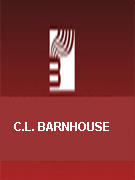 £18.81
£18.81Three English Folk Songs (Concert Band - Score and Parts)
Down home funky rock tune that should be a favorite concert piece for young players.
Estimated dispatch 7-14 working days
-
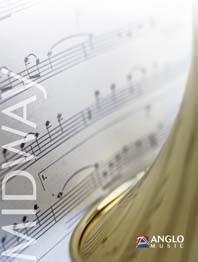 £168.50
£168.50Three Extraordinary Journeys (Concert Band - Score and Parts) - Sparke, Philip
Three Extraordinary Journeys was commissioned to mark the centenary of the death of the famous author Jules Verne. Based on three novels from his Voyages Extraordinaires series of travel stories, the music aims to capture the excitement and adventure of these famous books. A fantastic major concert or contest piece.Duration: 14:30
Estimated dispatch 7-14 working days
-
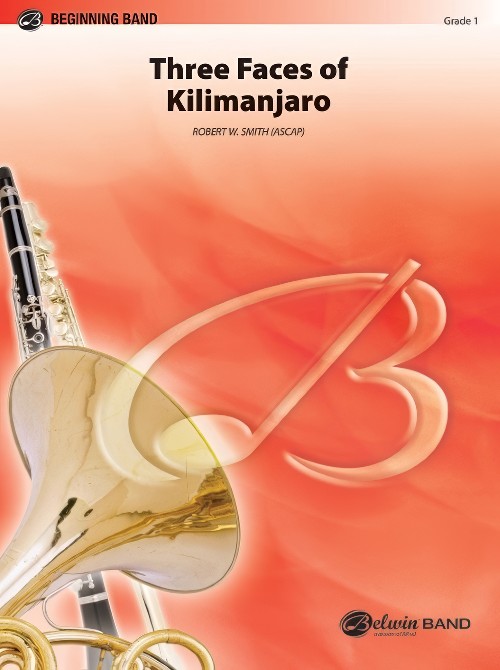 £53.95
£53.95Three Faces of Kilimanjaro (Concert Band - Score and Parts) - Smith, Robert W.
Kibo, Mawenzi, and Shira. Africa's highest peak, Mount Kilimanjaro, conjures images of mystery and power. Robert W. Smith has musically captured the three varied sides of this grand mountain. The percussion contribution completes the musical palate and brings the composition to life. Exotic and impressive. Duration: 2.45
Estimated dispatch 7-14 working days
-
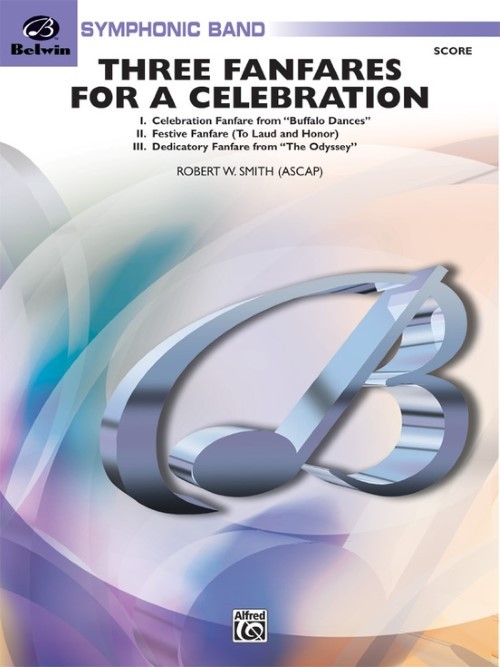 £79.50
£79.50Three Fanfares for a Celebration (Concert Band - Score and Parts) - Smith, Robert W.
A bargain of fanfares that can open your symphonic band program for three separate concerts! Included fanfares are titled "Celebrations Fanfare," "Festive Fanfare" and "Dedicatory Fanfare." Start your concert with a bold musical statement!Duration: 4:30
Estimated dispatch 7-14 working days
-
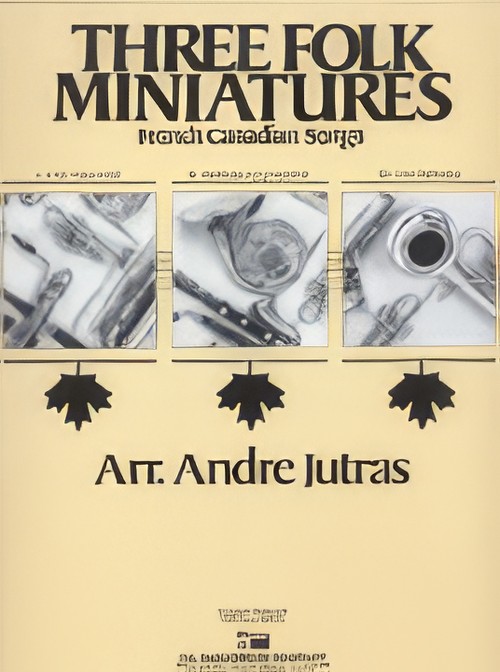 £68.00
£68.00Three Folk Miniatures (Concert Band - Score and Parts) - Jutras, Andre
Your audiences will be delighted by this very special new work by Canadian composer Andre Jutras. Based on well-known French Canadian folksongs, the three short movements are contrasting in tempo and style with colourful and solid scoring, fresh harmonies and interesting rhythms. This piece will surely become a classic that your musicians will ask to play again and again.Duration: 4.45
Estimated dispatch 7-14 working days
-
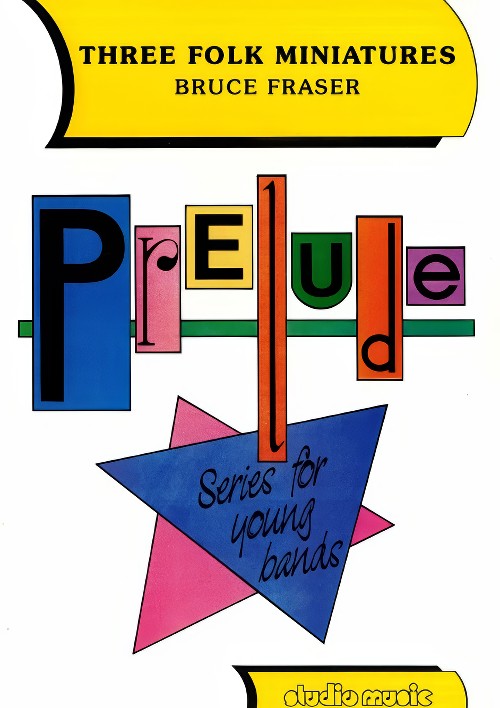 £44.95
£44.95Three Folk Miniatures (Concert Band - Score and Parts) - Fraser, Bruce
Three Folk Miniatures (Good Mornin' to Ye; Shepherd Song; When the Sun Shines) reflect the style of old English folk songs offering young players the opportunity to show off several acquired skills in performance.Titles in the Prelude Series are specifically scored for bands with few, if any, bass instruments but will sound well on larger ensembles. The bass line is playable by any combination of bass clarinet, bassoon, baritone saxophone, trombone, euphonium or tuba; in the event that none of these is available, the part for trombone/euphonium (B flat TC) can be played by tenor saxophone. The tuned percussion part is entirely optional and can be played by any available instrument(s). Each piece also includes a preliminary exercise. This is always in the same key as the accompanying piece and consists of a scale and chord progression that can be used for improving ensemble, balance, intonation and instrumental facility by changing tempo, articulation and dynamics.Duration: 2:20
Estimated dispatch 7-14 working days
-
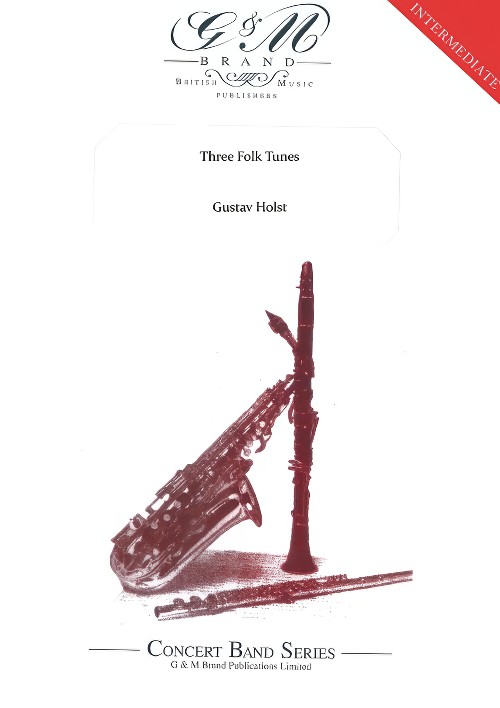 £59.95
£59.95Three Folk Tunes (Concert Band - Score and Parts) - Holst, Gustav
Three rousing folk songs collected by Holst, Gustav join to create this gratifying work. Opening with a march-style tune, "Glorishears," and developing sea song, "He-Back, She-Back," then finally the folk-carol, "Sons of Levi"
Estimated dispatch 7-14 working days
-
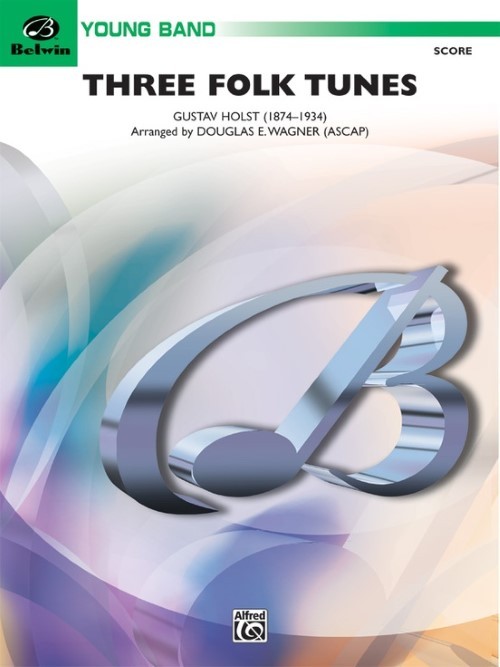 £53.95
£53.95Three Folk Tunes (Concert Band - Score and Parts) - Holst, Gustav - Wagner, Douglas E.
Three cherished folk songs collected by Gustav Holst join to create this gratifying work. Opening with a march-style tune, "Glorishears," and developing sea song, "He-Back, She-Back," then finally the folk-carol, "Sons of Levi," the work is classic Holst skilfully scored for your young band.Duration: 3.00
Estimated dispatch 7-14 working days
-
 £11.95
£11.95Three Folk Tunes (Concert Band - Score Only) - Holst, Gustav
Three rousing folk songs collected by Holst, Gustav join to create this gratifying work. Opening with a march-style tune, "Glorishears," and developing sea song, "He-Back, She-Back," then finally the folk-carol, "Sons of Levi"
Estimated dispatch 7-14 working days
-
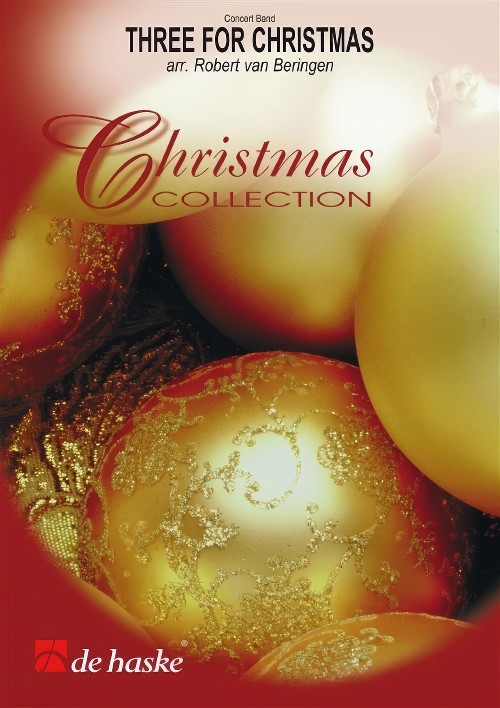 £76.99
£76.99Three for Christmas (Concert Band - Score and Parts) - Beringen, Robert van
Duration: 4.30
Estimated dispatch 7-14 working days
Searching for Brass Band Music? Visit the Brass Band Music Shop

Tel: (07852) 519 763 | International: +44 785 251 9763 | Email: [email protected]
PLEASE NOTE: We will be closed for annual holidays from Monday 16th February to Friday 20th February.
Orders placed during this time will be processed upon our re-opening.
Visit us on Saturday 21st / Sunday 22nd at the NEMBBA contest.